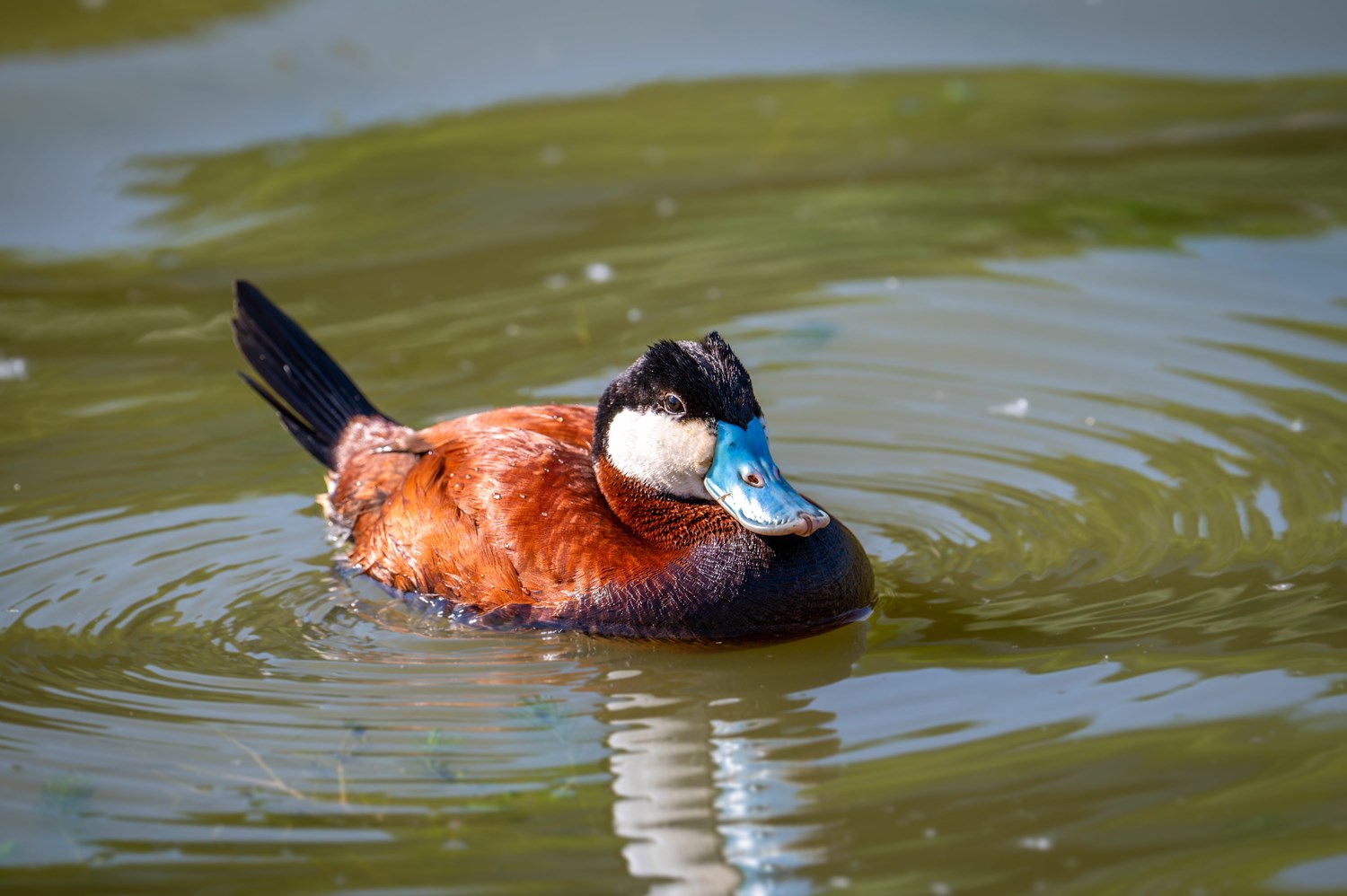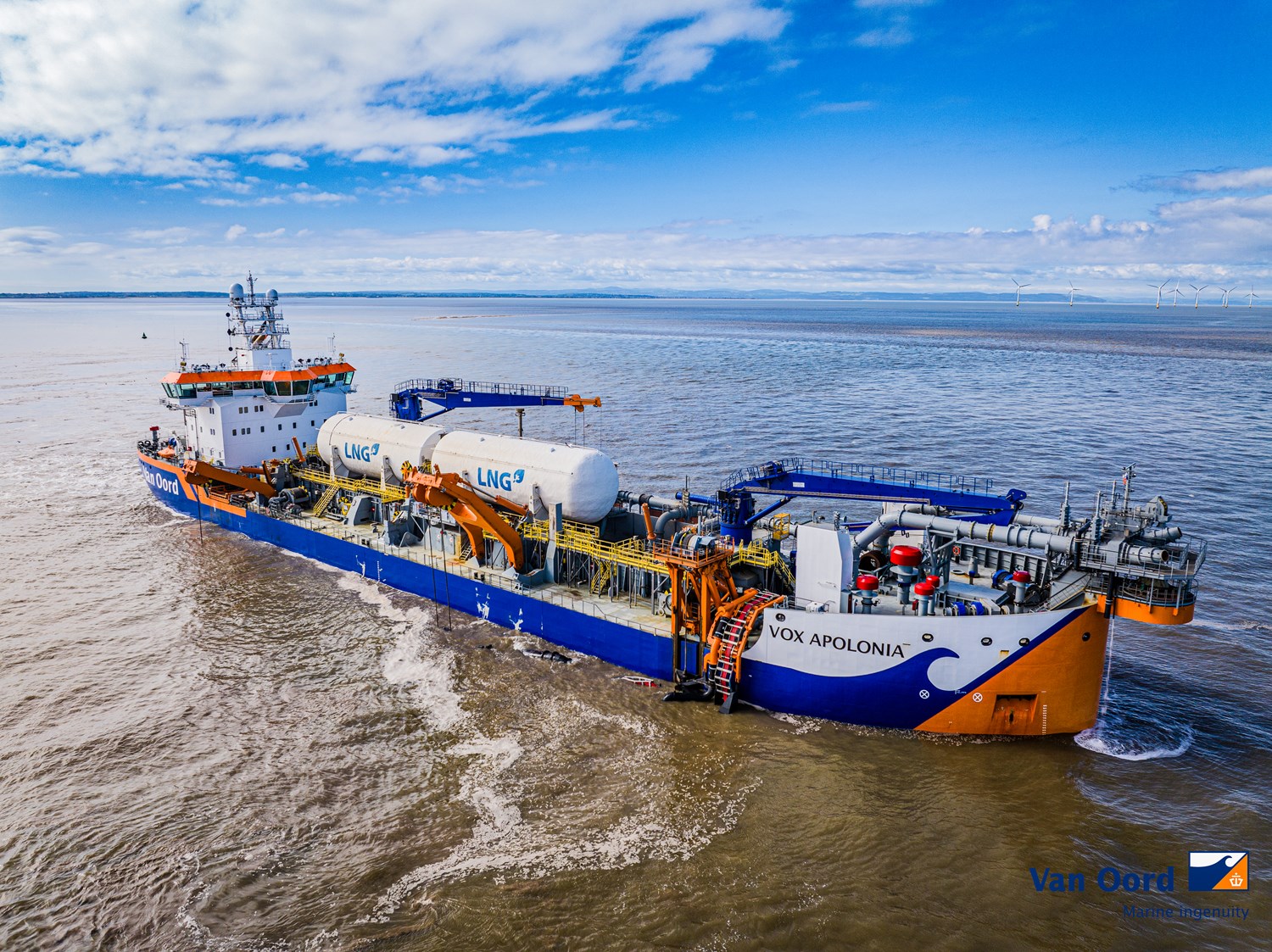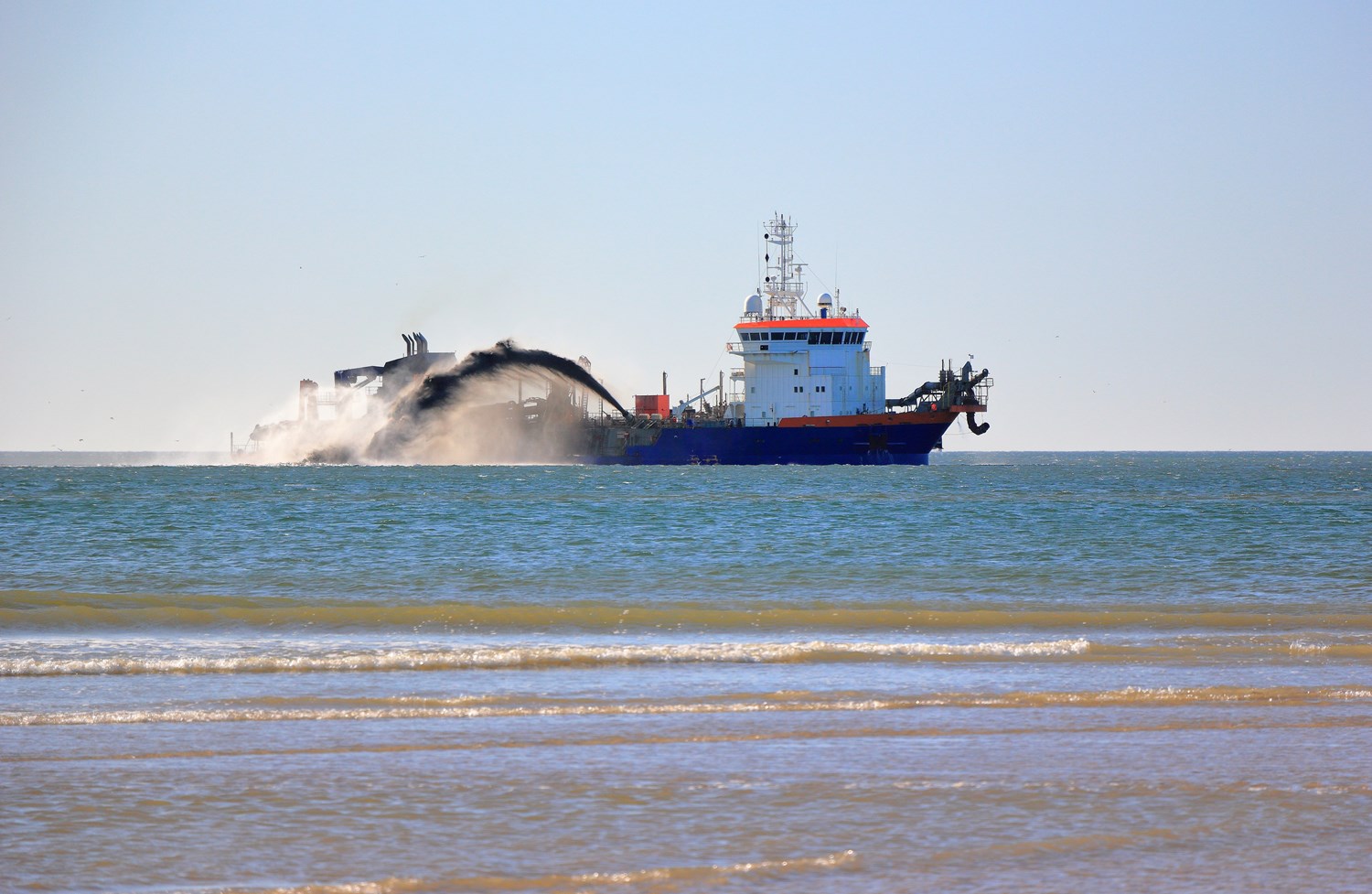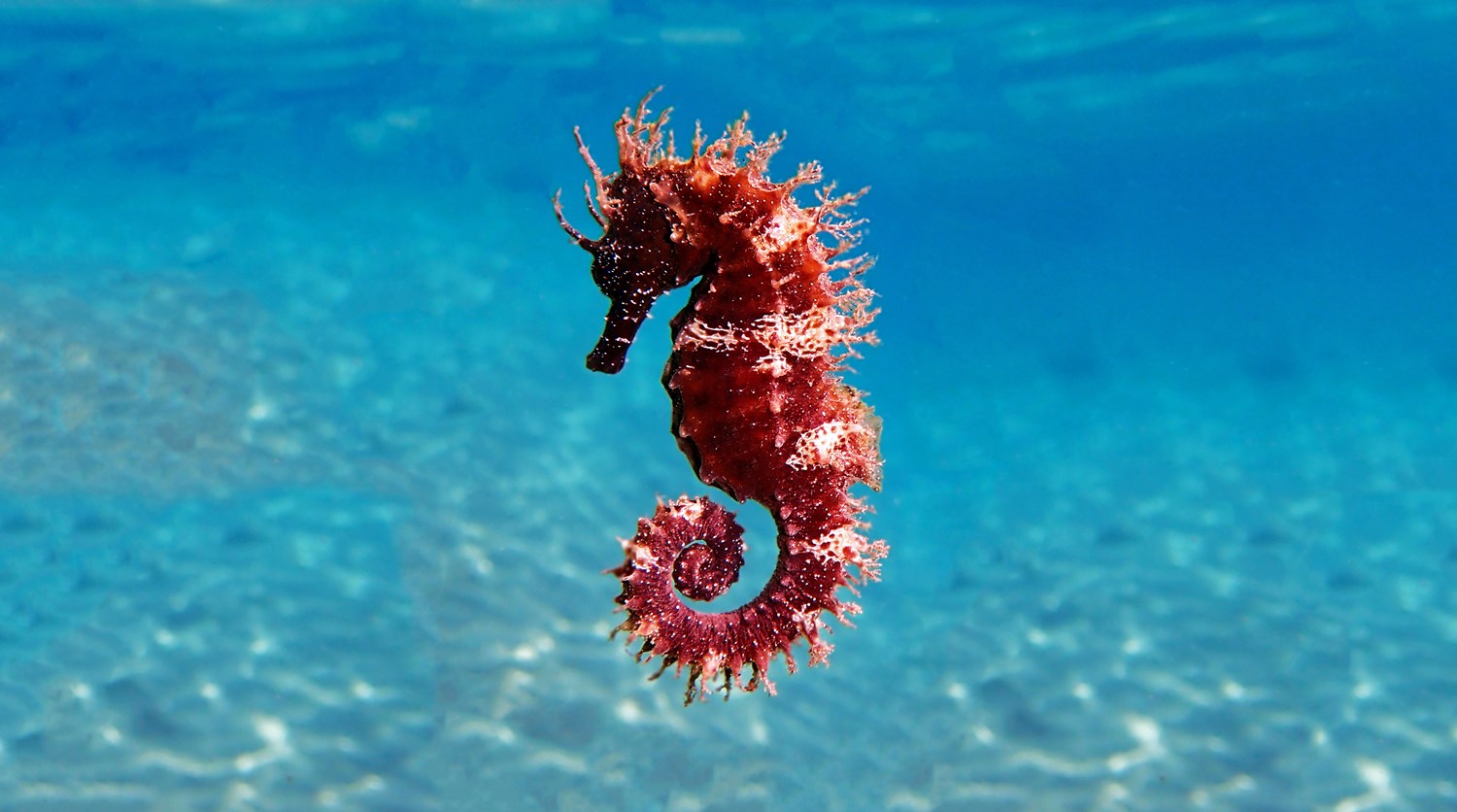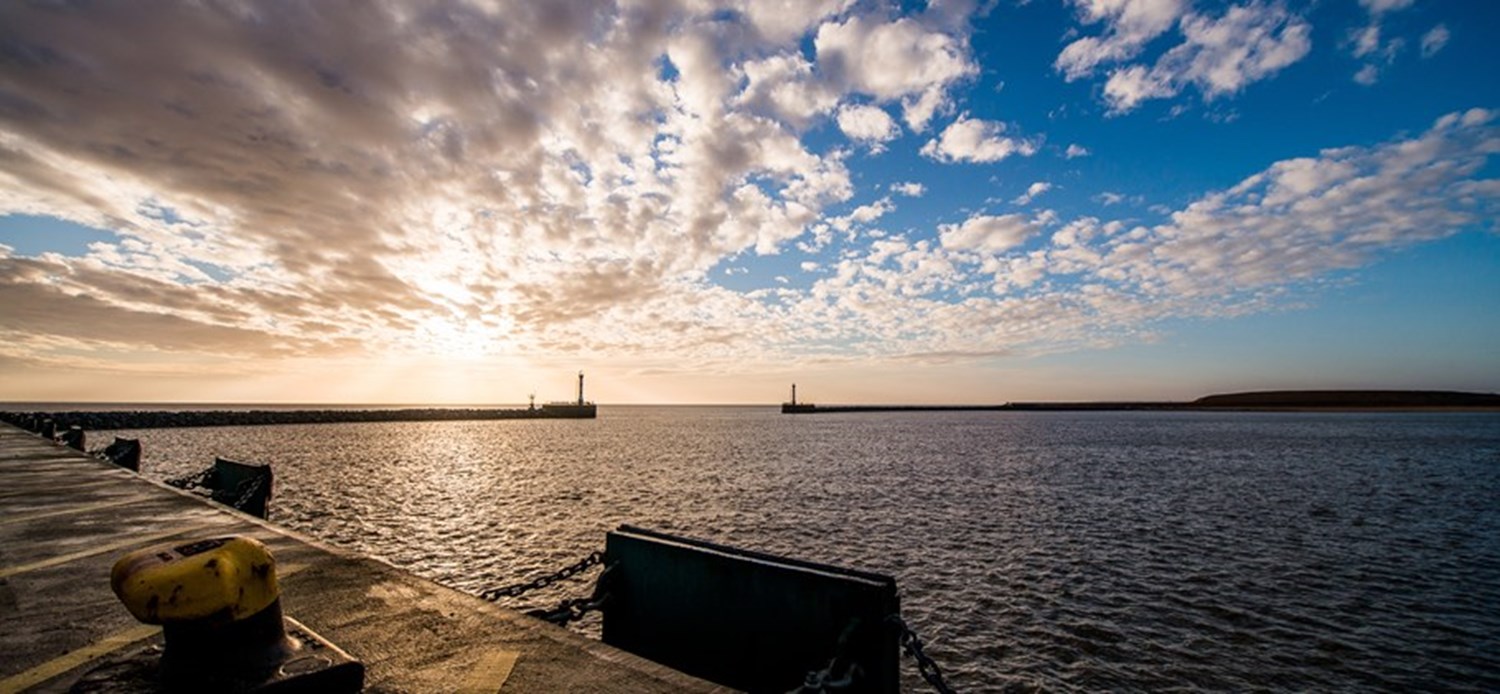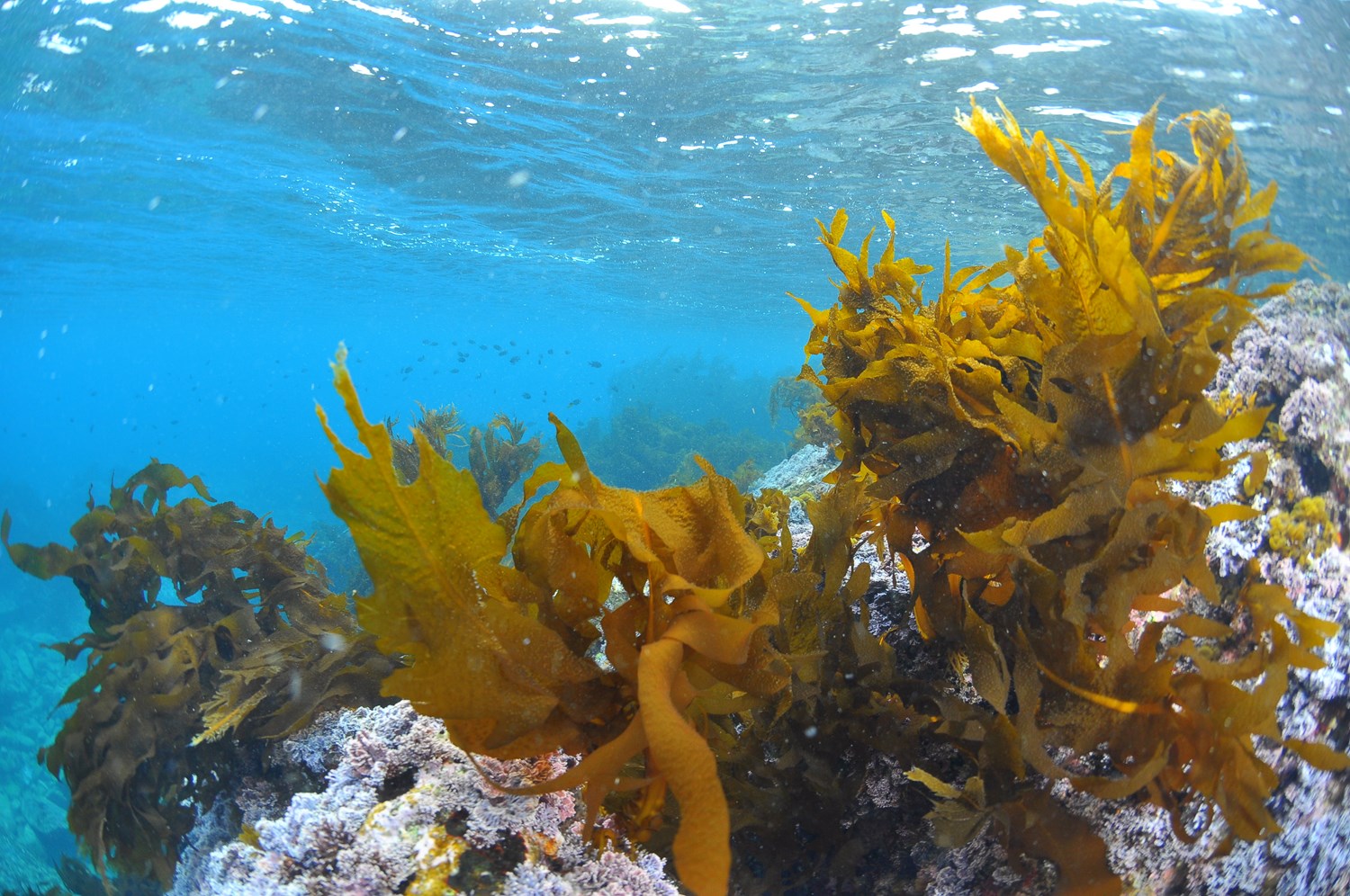In a world where we are becoming increasingly connected and our climate is changing there is an increasing risk that invasive non-native marine species (INNS) are transferred into regions where they were not found previously.
As a responsible port operator we have developed a Marine Biosecurity Plan which focuses on taking practical steps throughout the marine activities in our ports to reduce the transfer risk of INNS.
